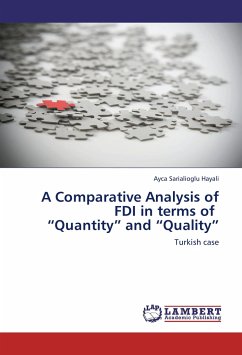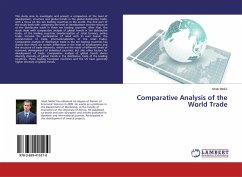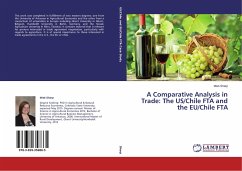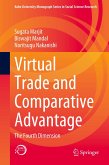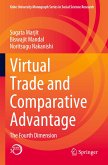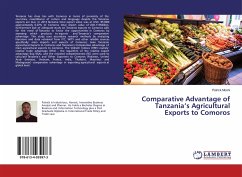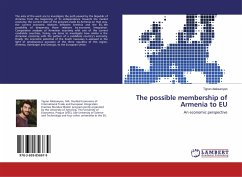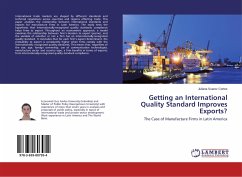Developing countries offer incentives, such as financial and tax incentives , to encourage Foreign Direct Investment (FDI) in any case by focusing on the quantity of FDI rather than its quality . The work maintains that Turkey constitutes a typical developing country in terms of both her relatively liberalized policies aiming at attracting FDI in quantity and her failure about not attracting sufficient FDI compared to the other countries. On the other hand, the work argues that it is not a typical developing country in terms of attracting the right quality of FDI , which is tackled here in terms of the entry mode of FDI as greenfield investment . Thus, the work includes the comparison of FDI in Turkey with the others in terms of quantity and quality , following a brief literature review on the Quality versus Quantity of FDI . It indicates comparatively the dual failure of Turkey as both attracting insufficient FDI and relatively the wrong quality of FDI by using the UNCTAD (2010)s new database to obtain the right quality of FDI . The work can especially useful for the policymakers, professionals, university students and anyone else who is interested in these issues.
Bitte wählen Sie Ihr Anliegen aus.
Rechnungen
Retourenschein anfordern
Bestellstatus
Storno

